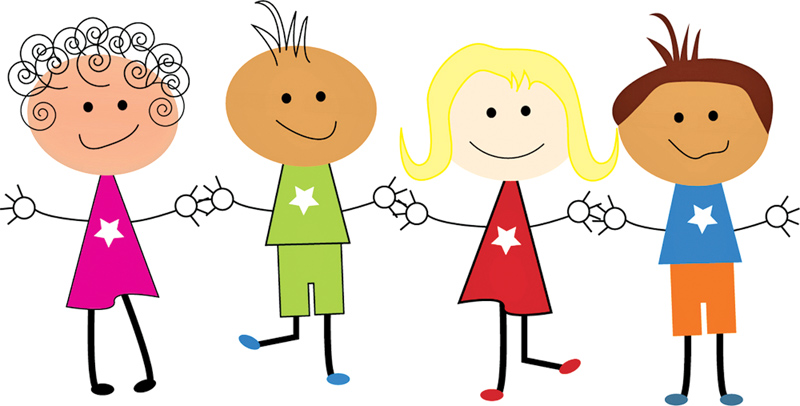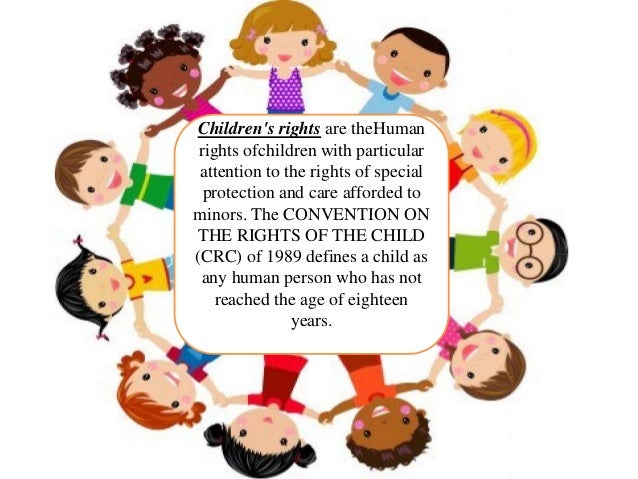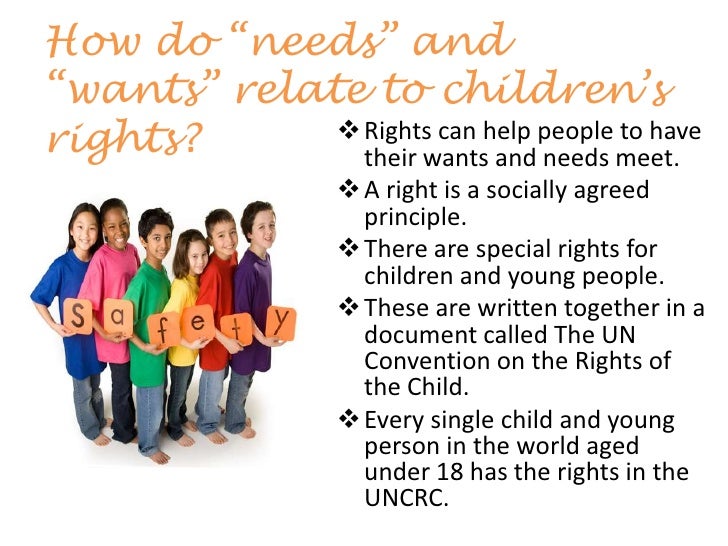This time of year is often said to be for the children but it is the adults that take care of the children and must ensure the children's rights are protected. The physical, socio-cultural, and economic psychological and spiritual needs.
Physical Needs of Children include
- shelter
- healthcare
- water and sanitation
- protection from environmental pollution
- Adequate food and clothing
- Protection from violence
- Protection from exploitation and abuse
- Opportunities for development of physical potentials
Socio-cultural and Economic Needs
Knowledge of and respect for one’s own language, religion & culture,
Stable social and economic environment
Access to appropriate guidance and support
Access to quality education & stimulation
Access to healthcare
Opportunities for play and friendships
Freedom from discrimination and prejudice
Opportunities for meaningful empowering work and service
Opportunities to contribute and acquire responsibility
Psychological – Intellectual, Emotional and Volitional Needs
A stable and loving family environment (biological or adopted)
A sense of belonging & identity
Access to age-appropriate information, guidance and support
Respect for privacy and confidentiality
Opportunities to be listened to and respected
Opportunities to develop cognitive talents and creative potentials
Access to age-appropriate opportunities to take growing levels of responsibility (e.g. models for problem-solving and critical thinking)
A sense of worth and being valued by others
Spiritual Needs
Exploration, understanding and appreciation of the nature of life, humankind and the universe
The needs highlighted are universal needs of children, just like the rights identified in the CRC are universal. However, the difference is that with needs there are no obligations or responsibilities and cannot be demanded from adults or the government. It is only when needs are legislated as rights that they become entitlements that can be demanded from adults or the government, who are obligated to provide them.
Finally, it is important to pinpoint that needs should not be confused with wants. For example, an iPad is not a need. It is something children might want to have, but it is not an absolute need for their development.
Another important factor children and young people should bear in mind is that rights come with responsibilities. As they move from childhood to adolescence to adulthood, depending on their country and cultural context, children have to assume certain responsibilities.
retweet post here
shared on these blog hops, parties and linkups
shared on these facebook group linkups






No comments:
Post a Comment
I love comments so if you have a minute leave me your thoughts on the above post